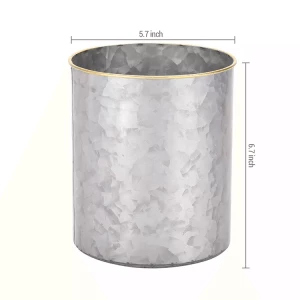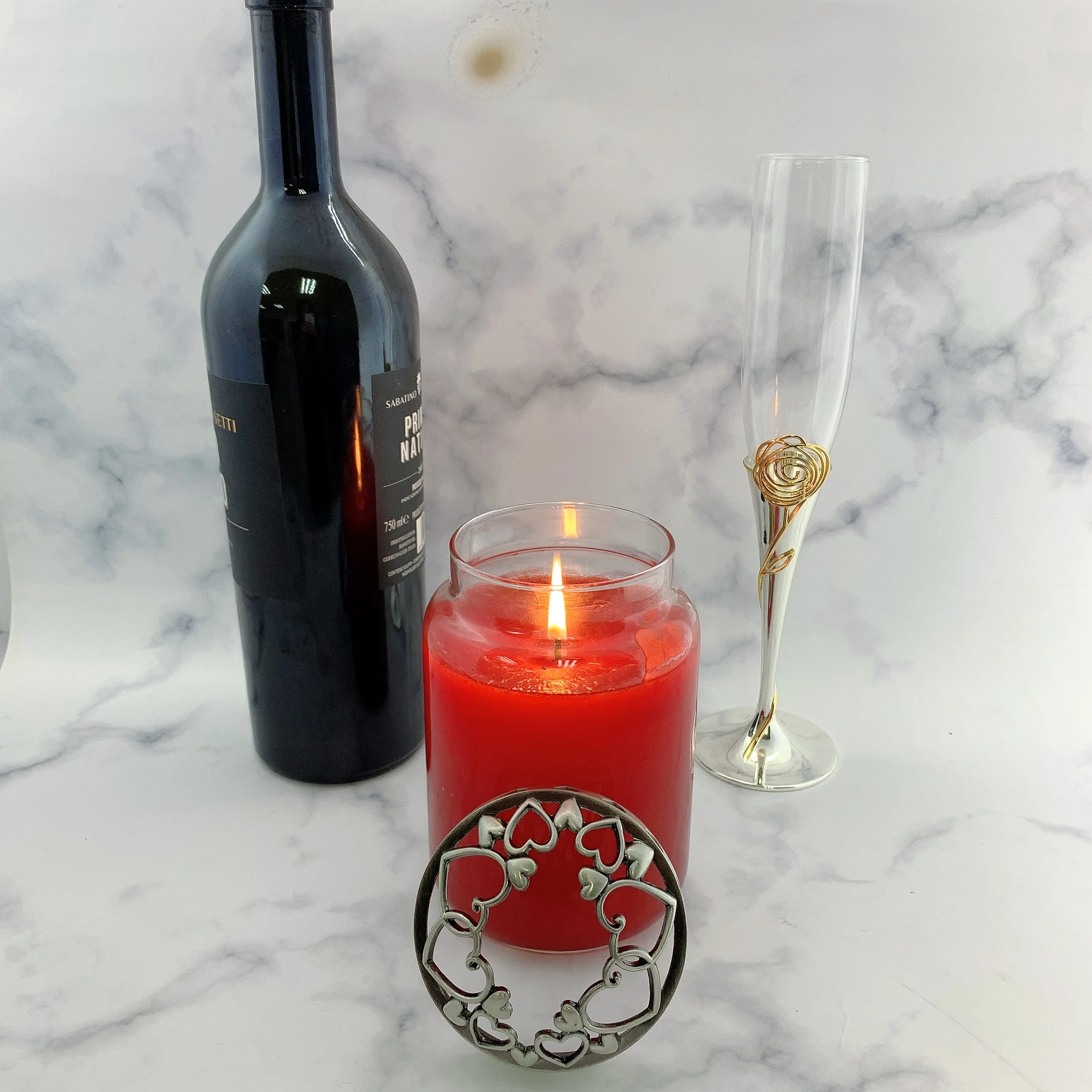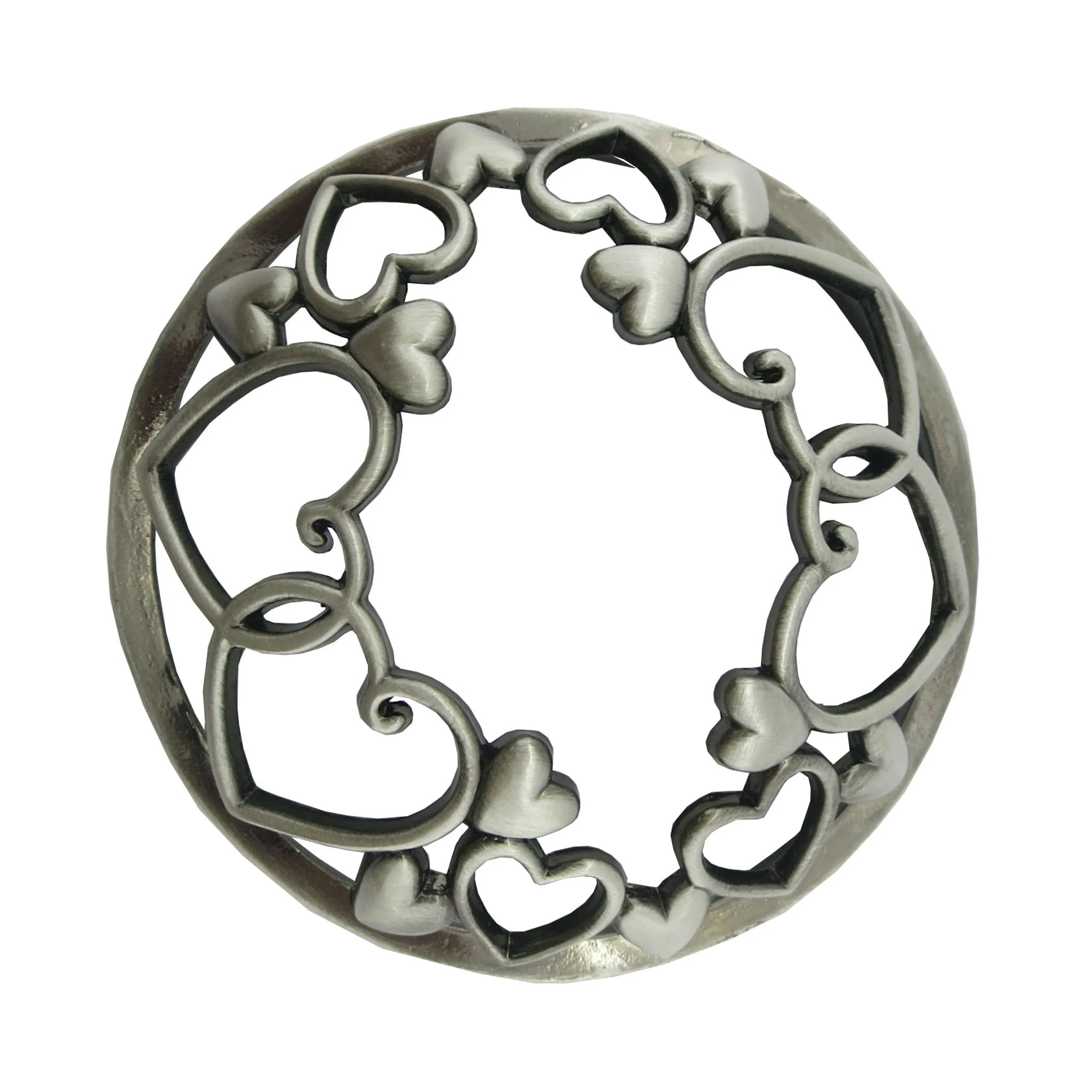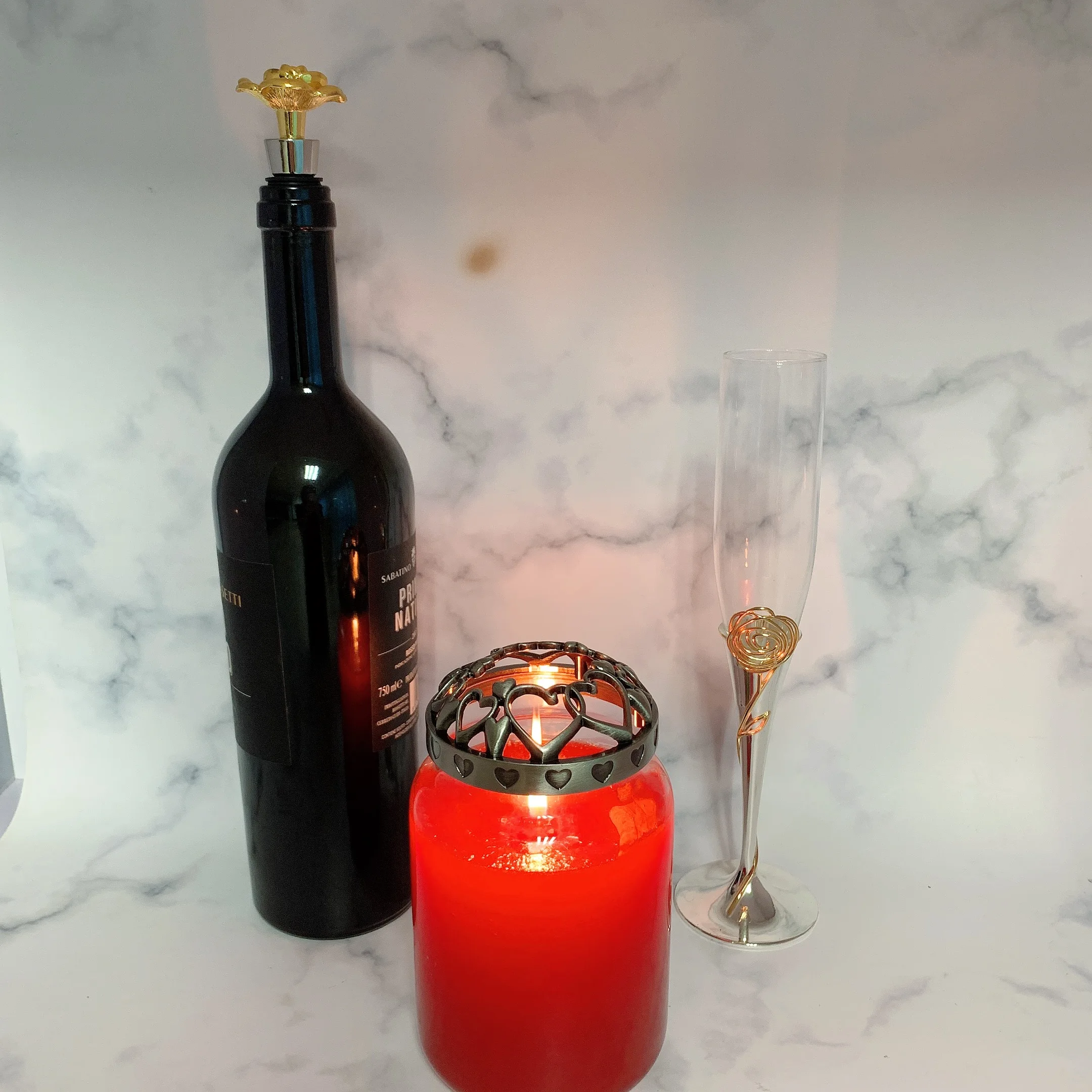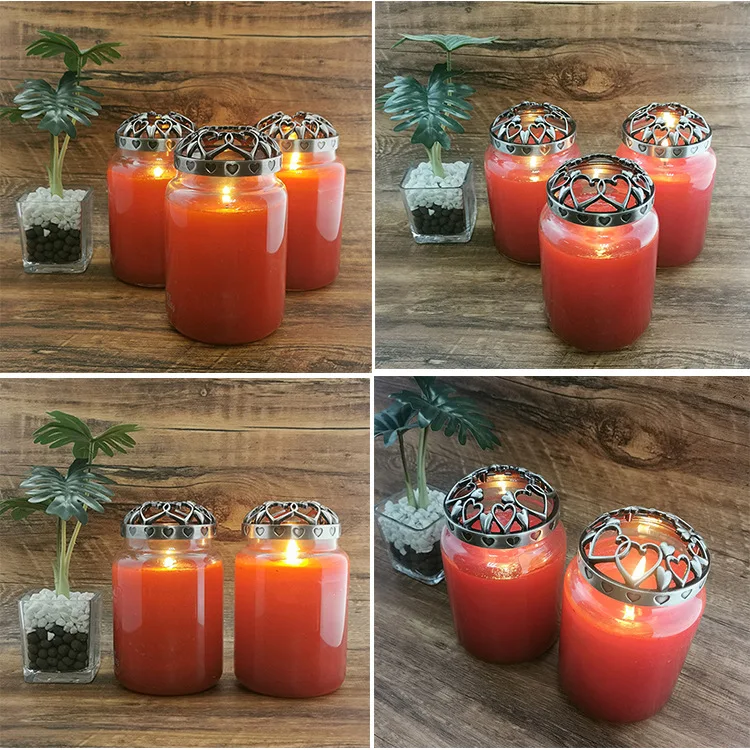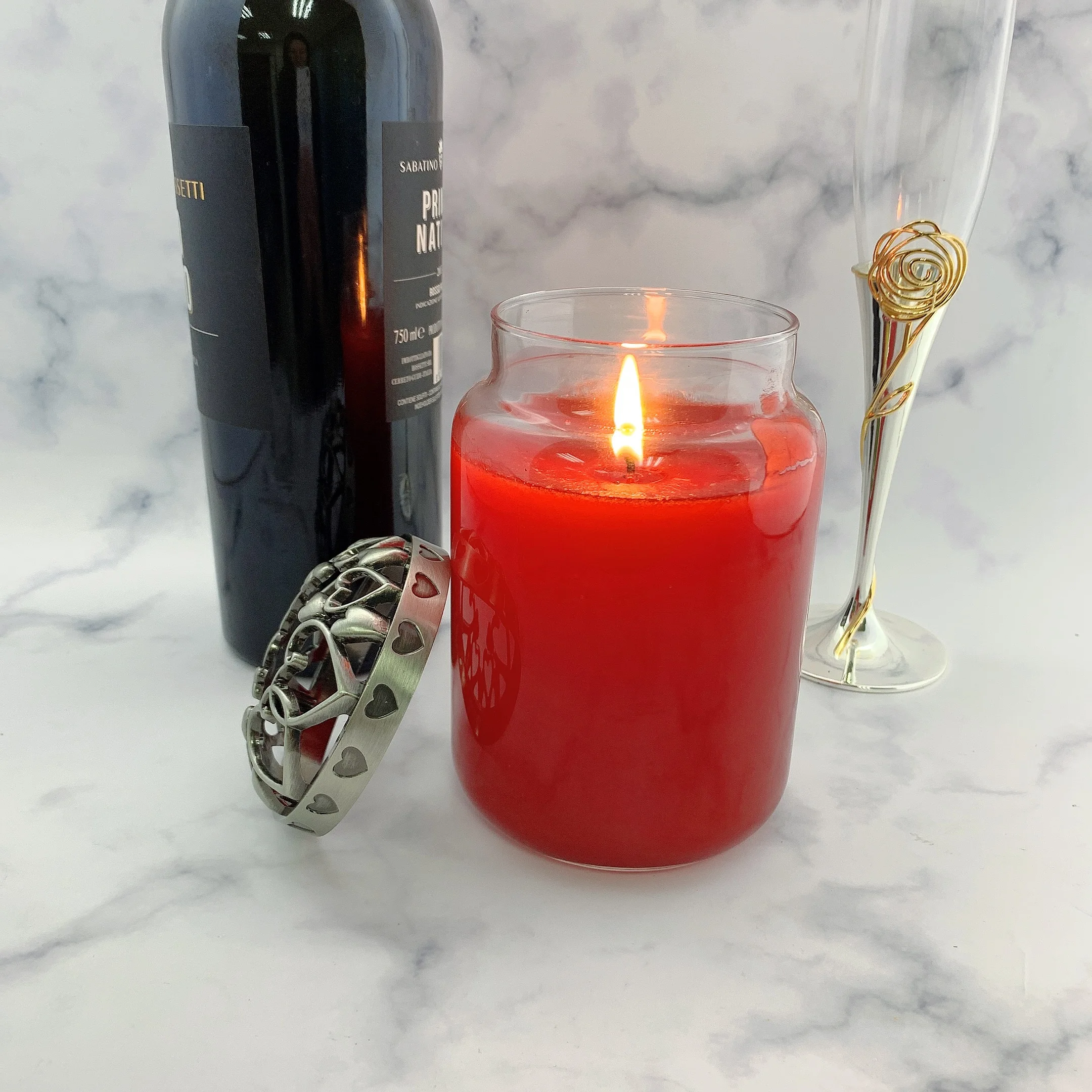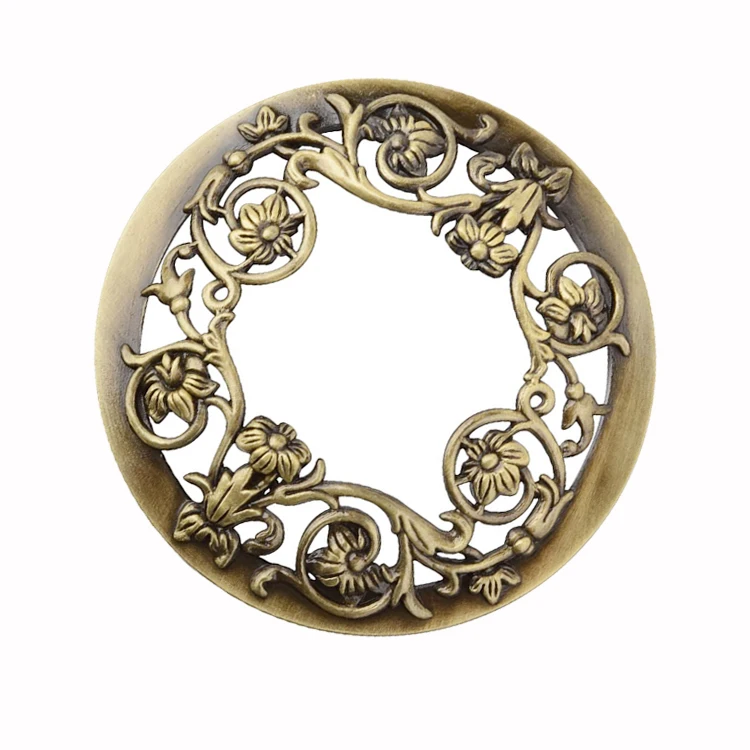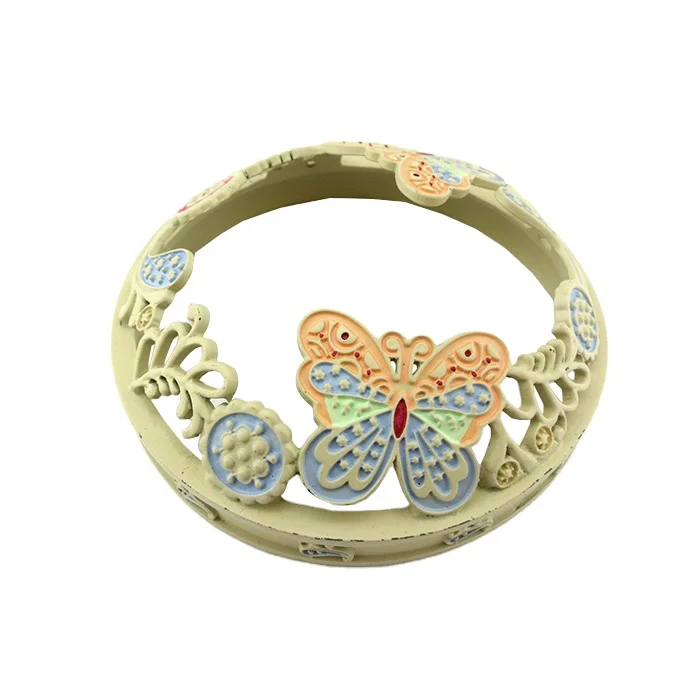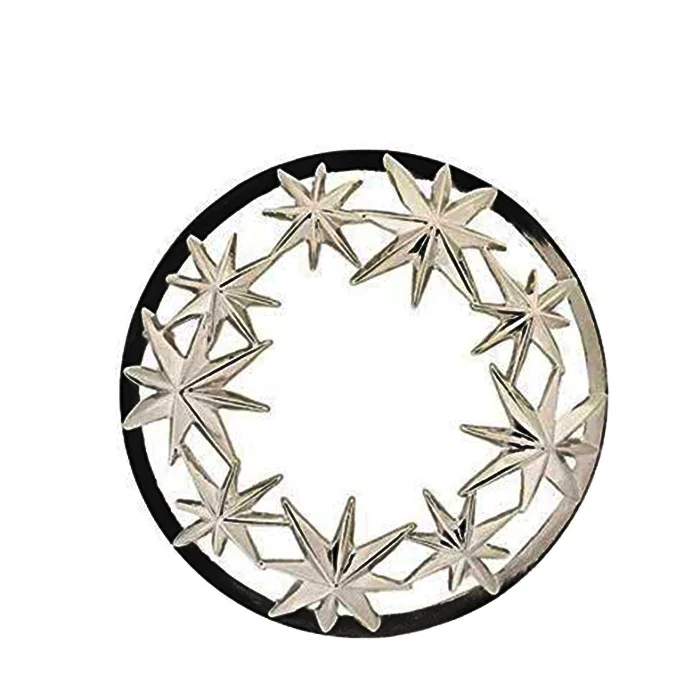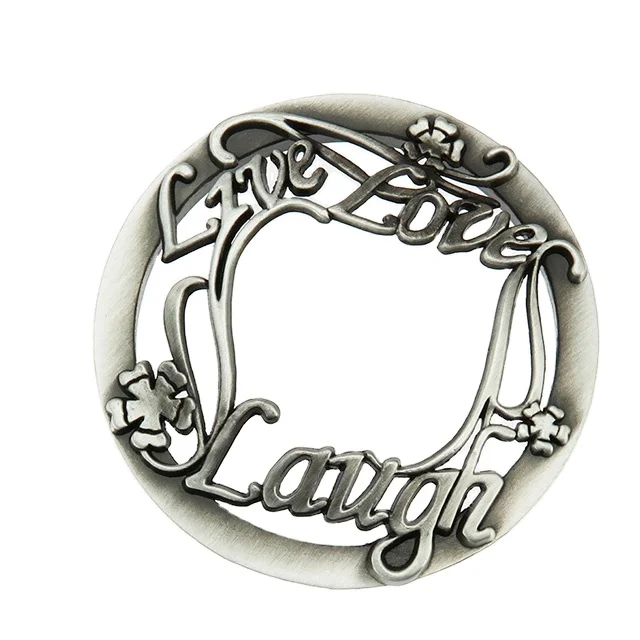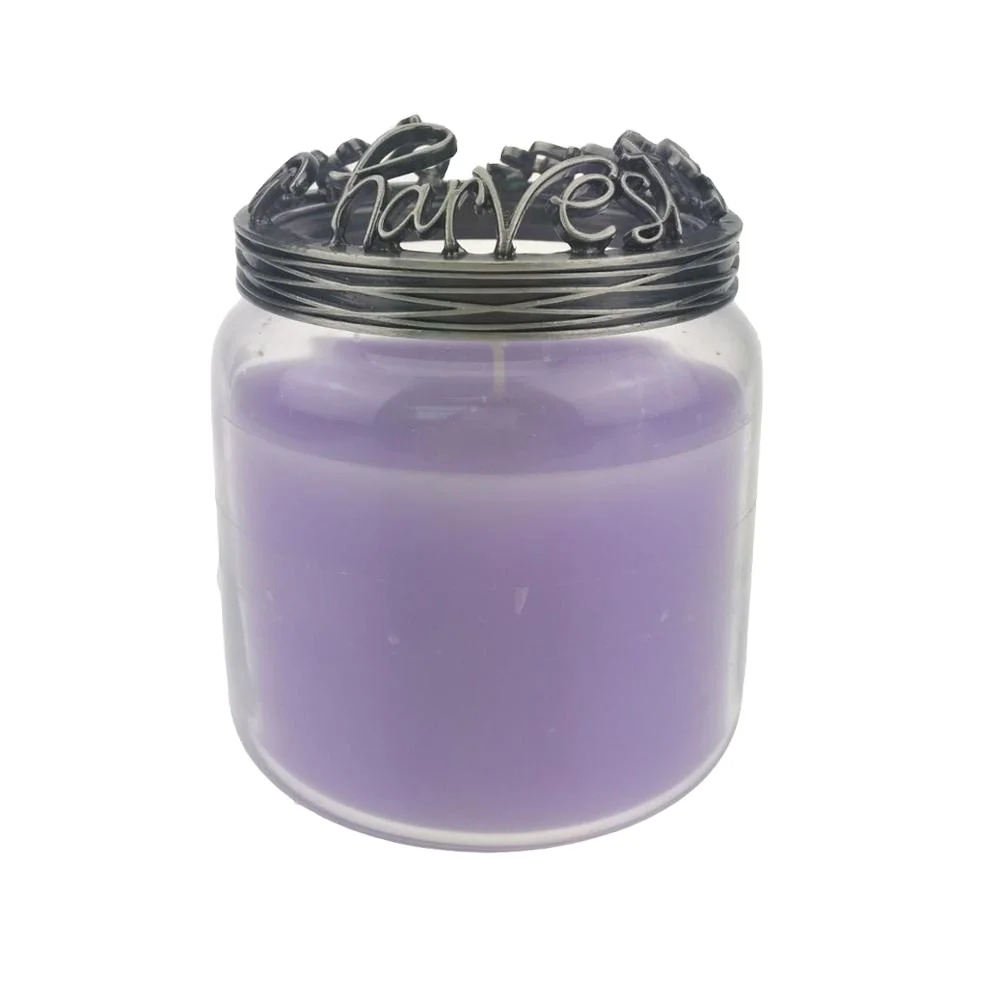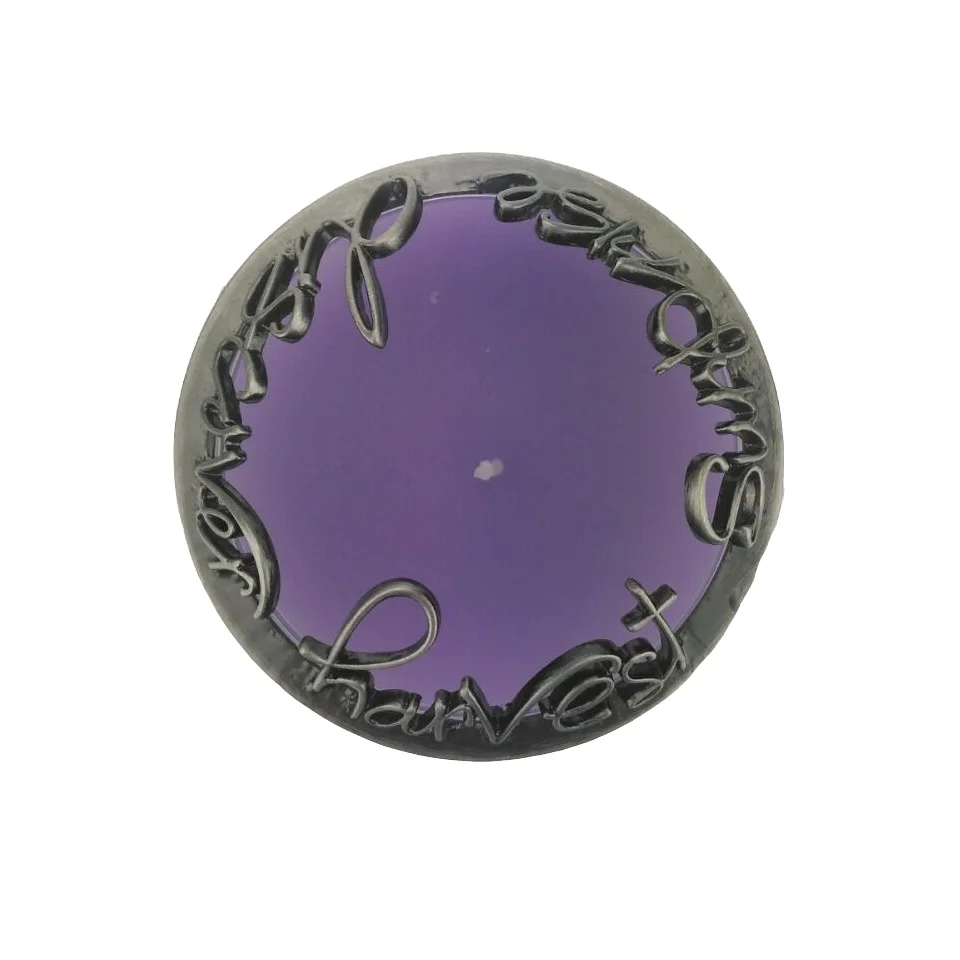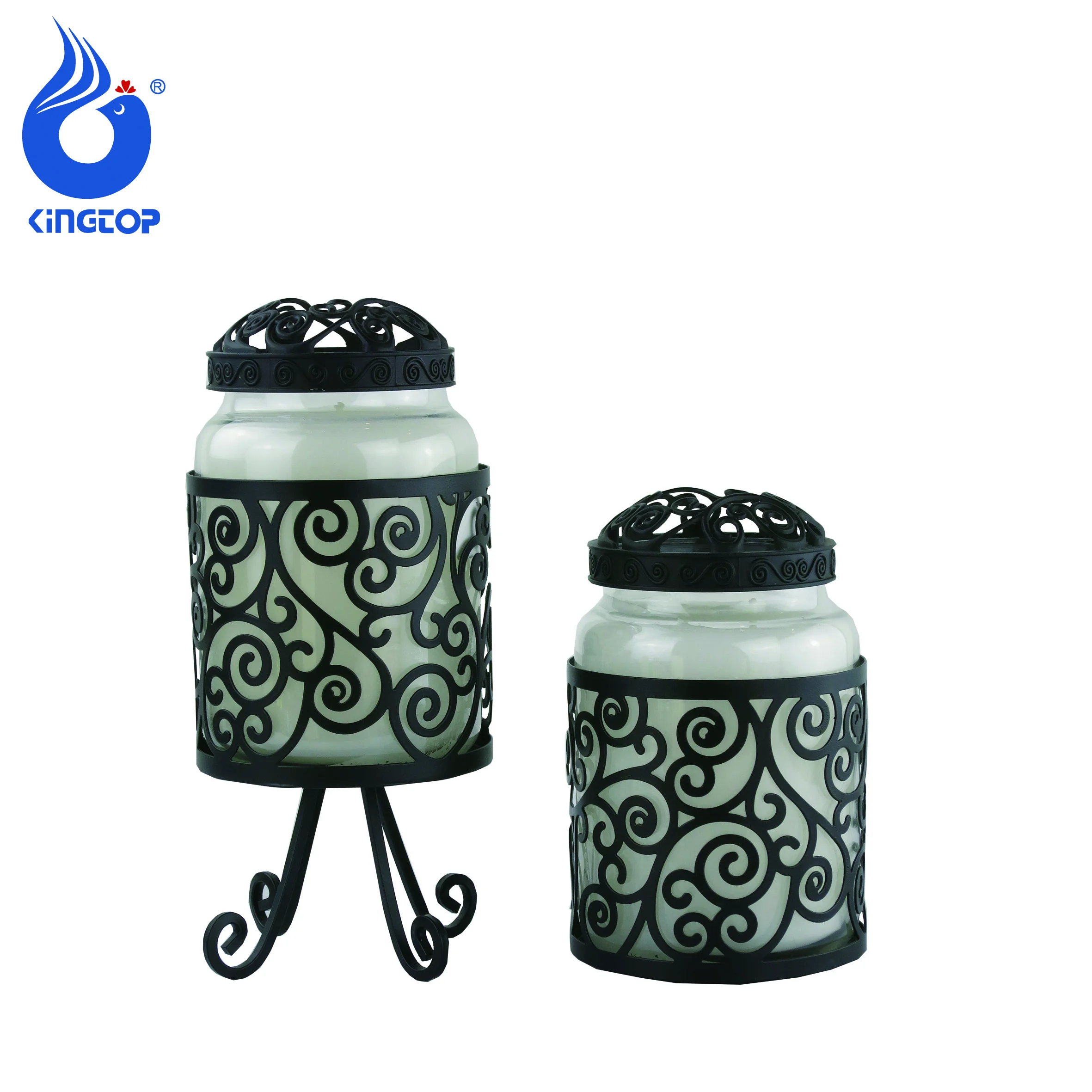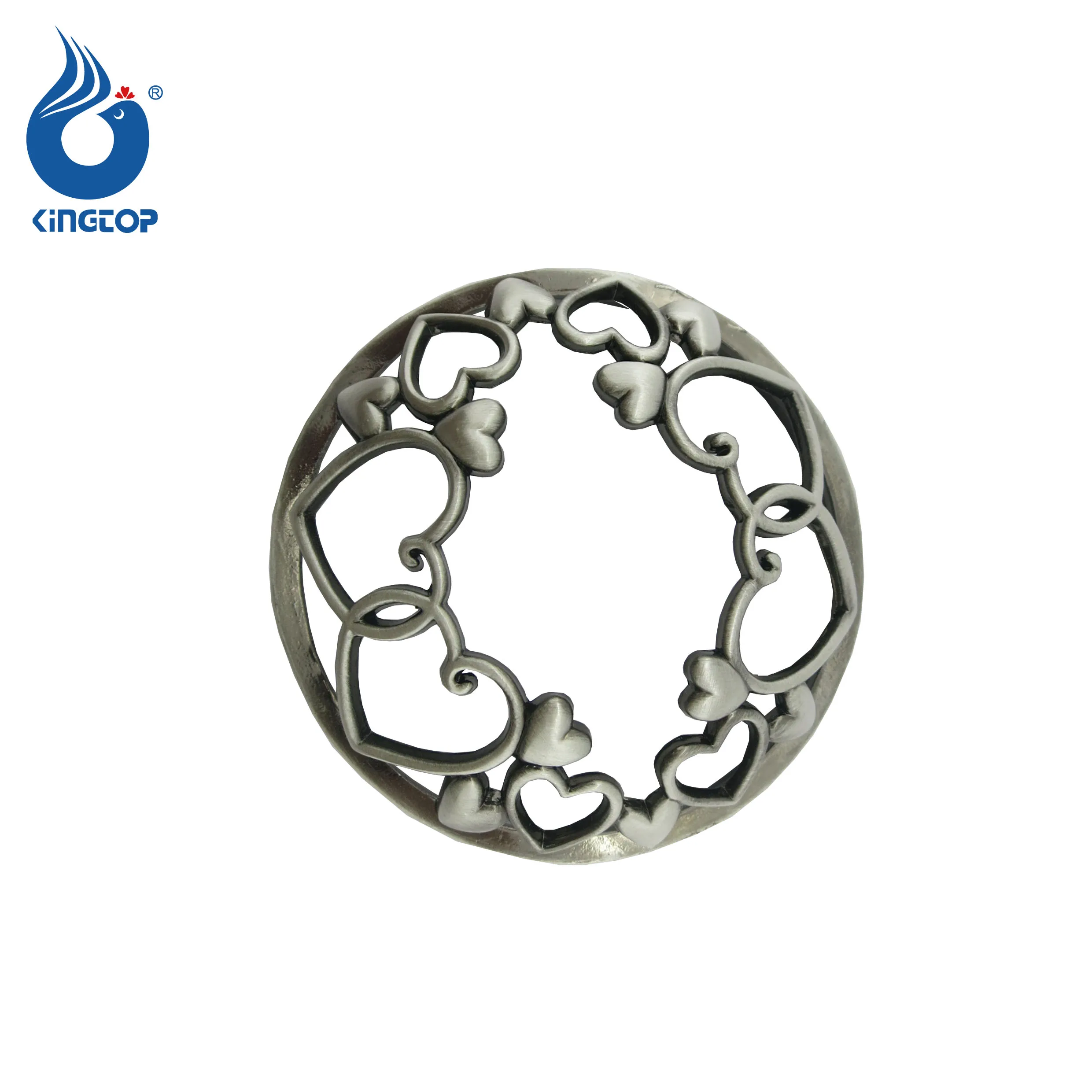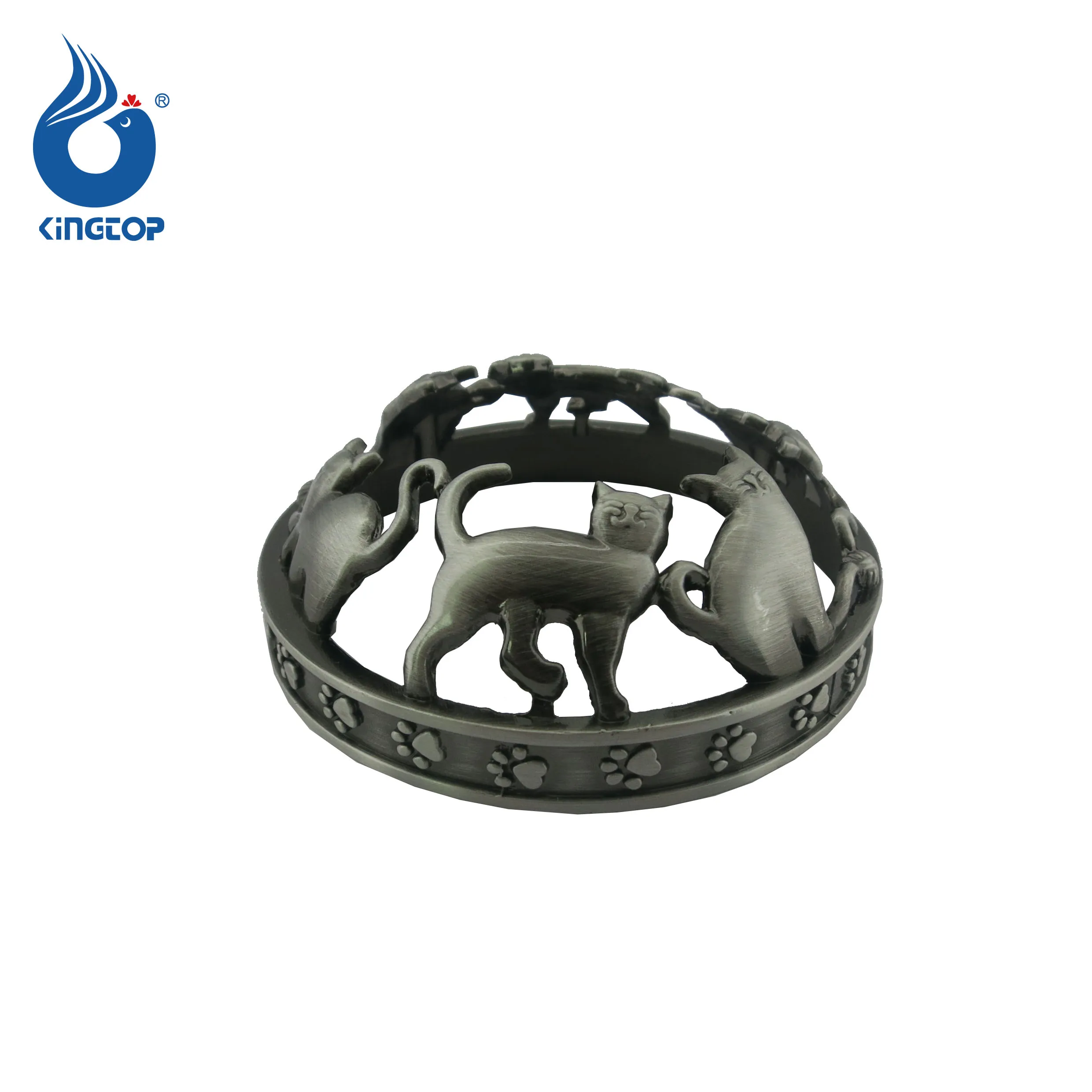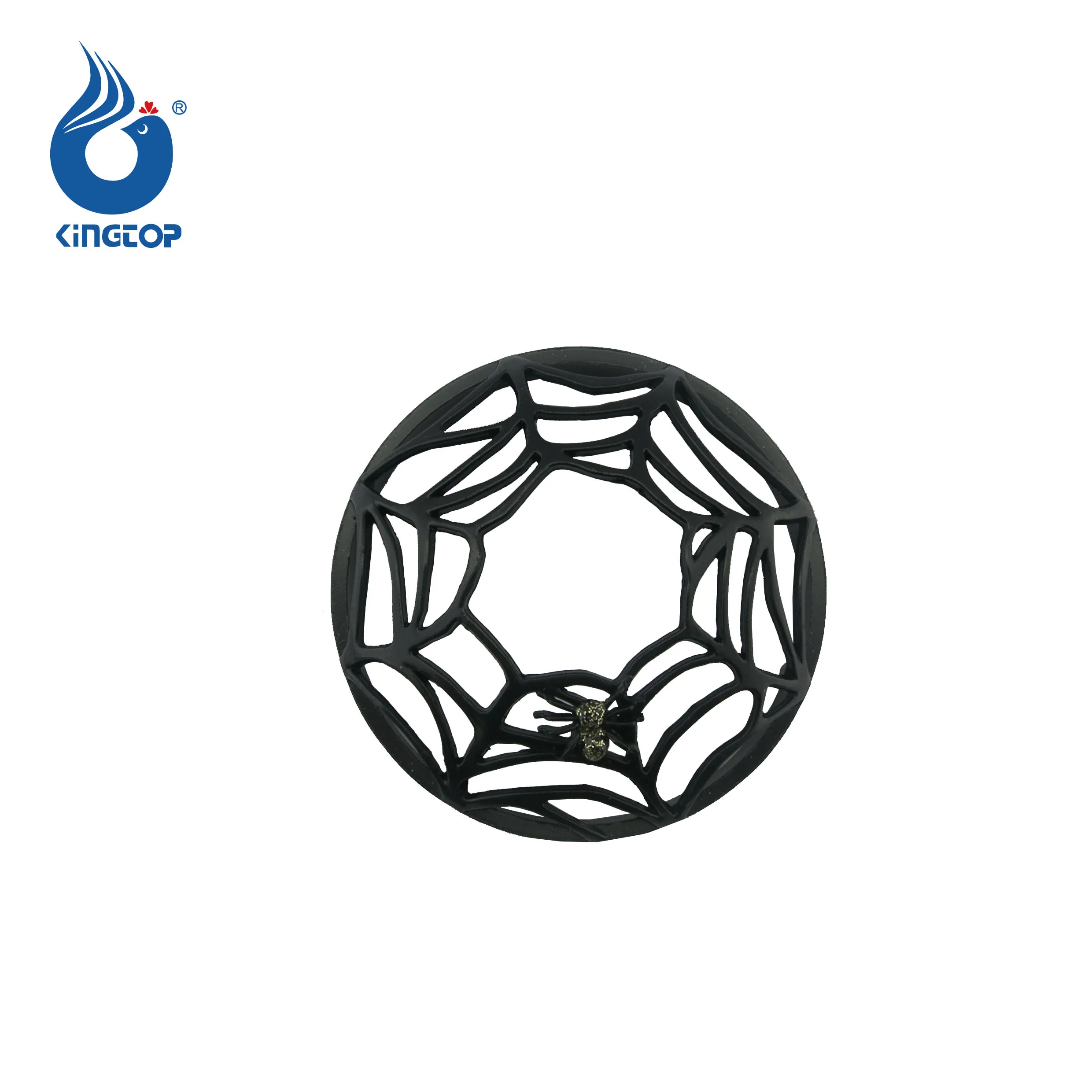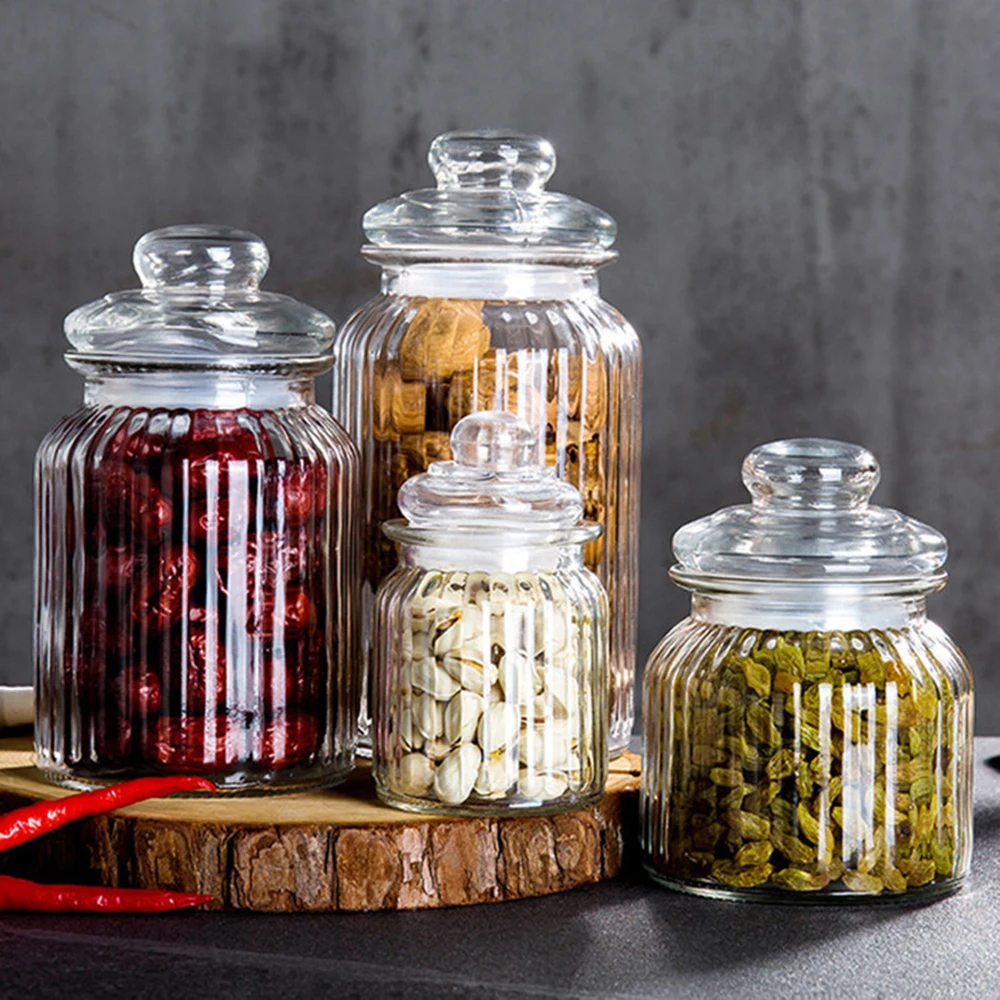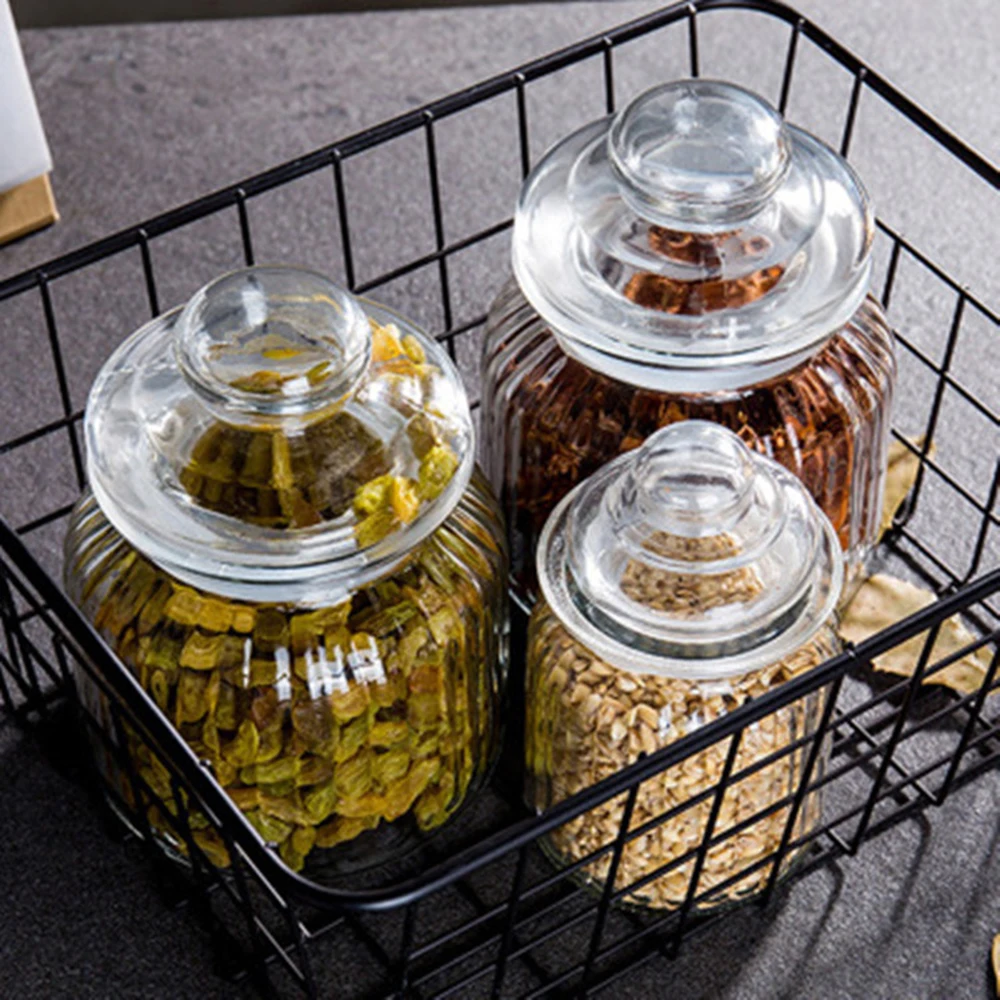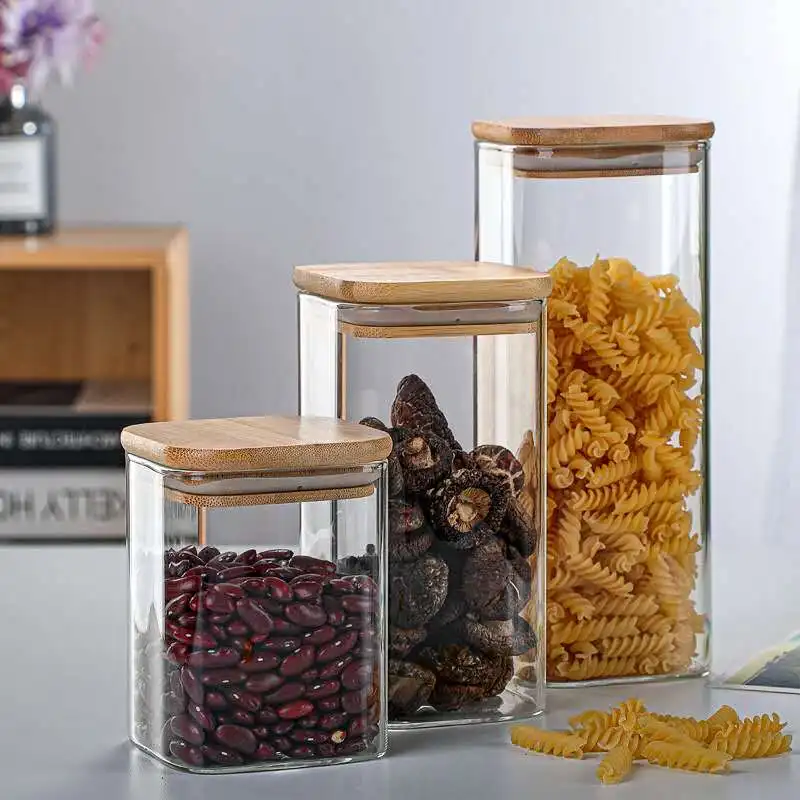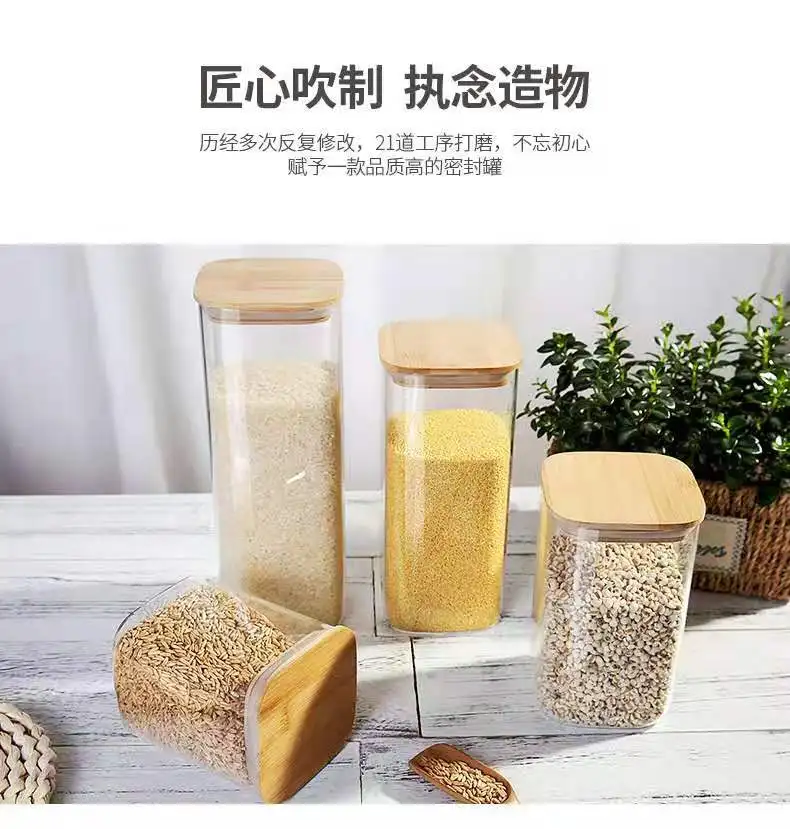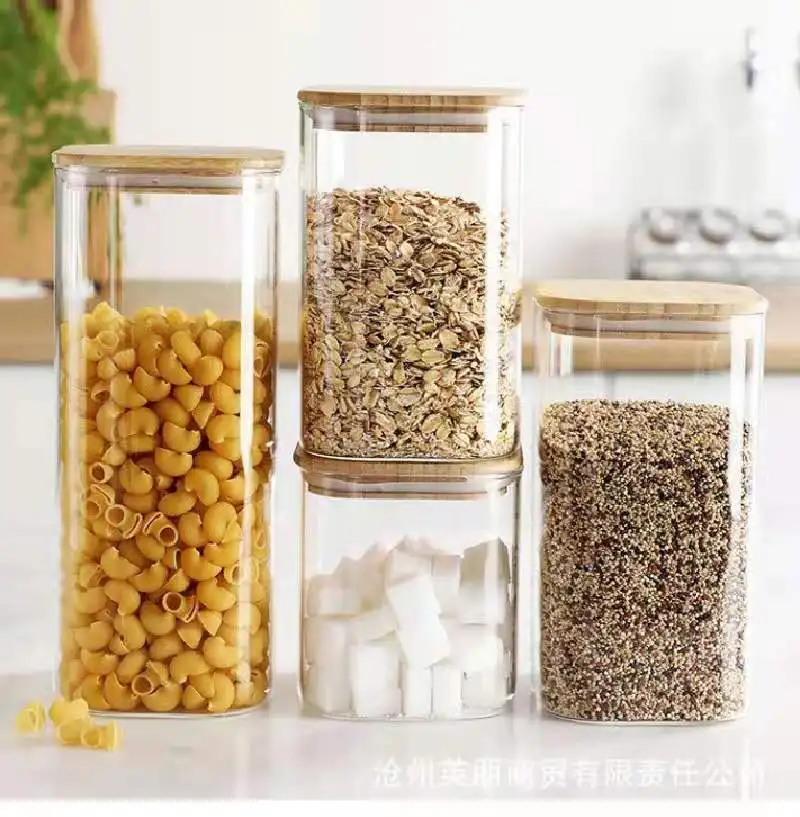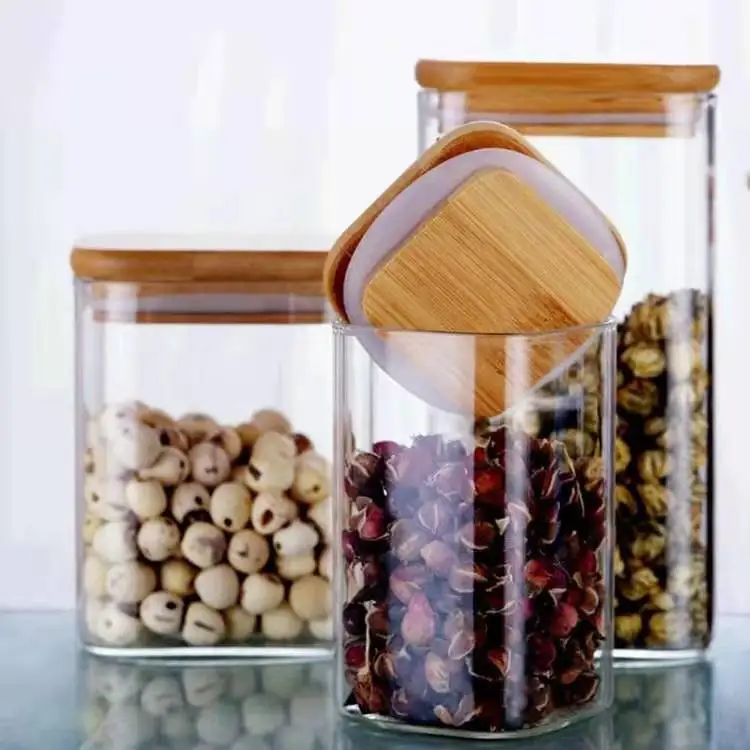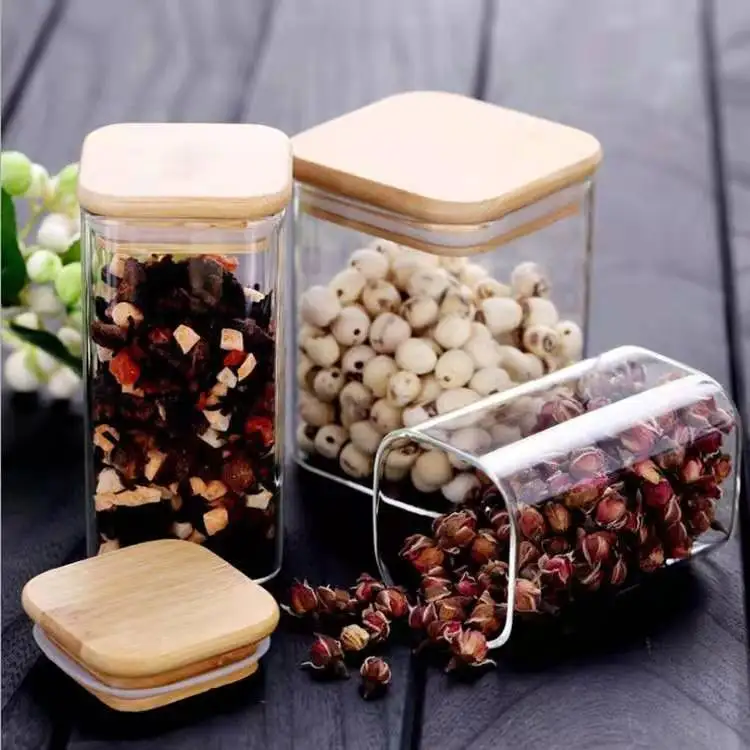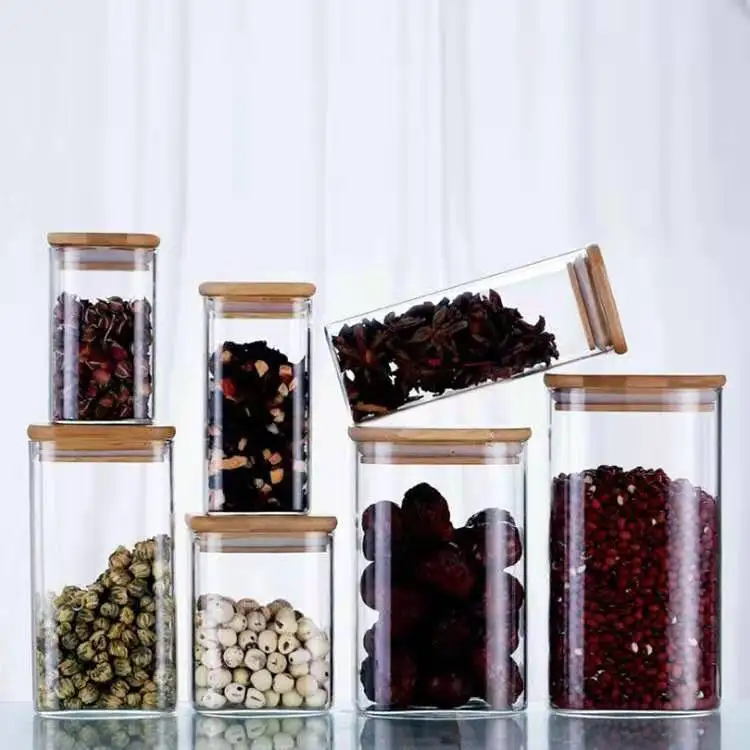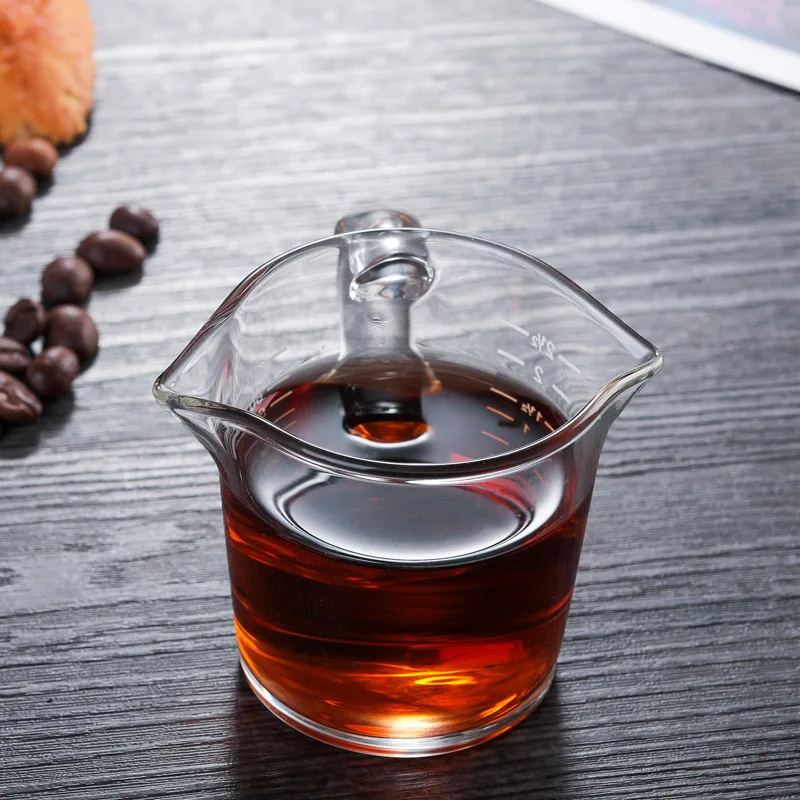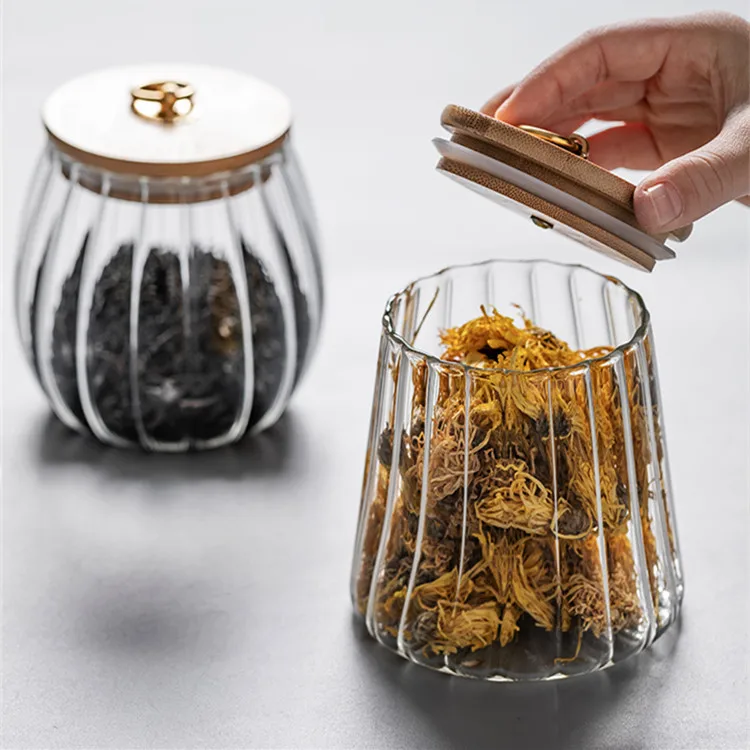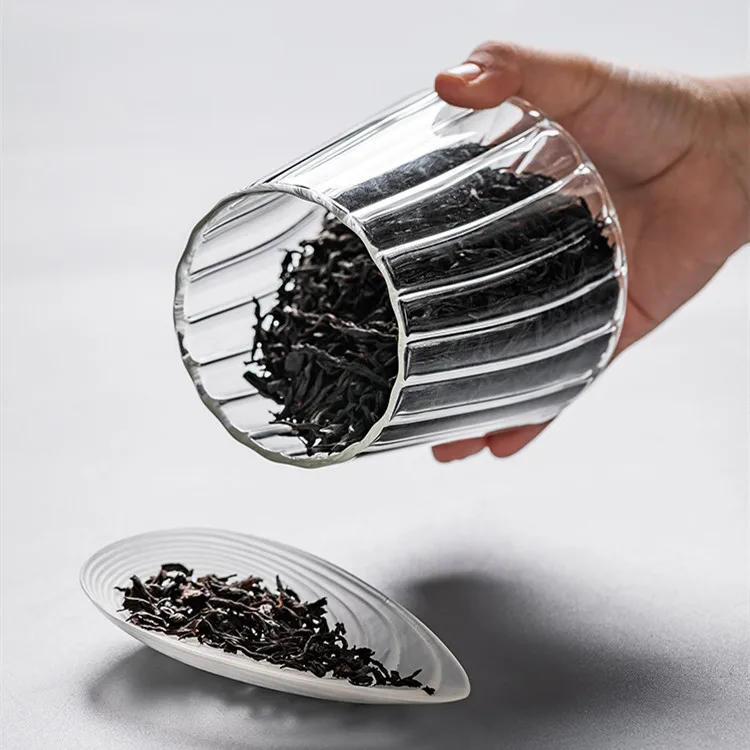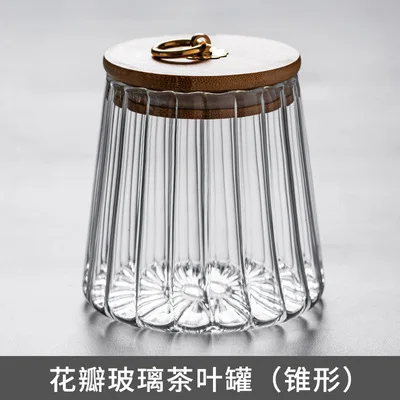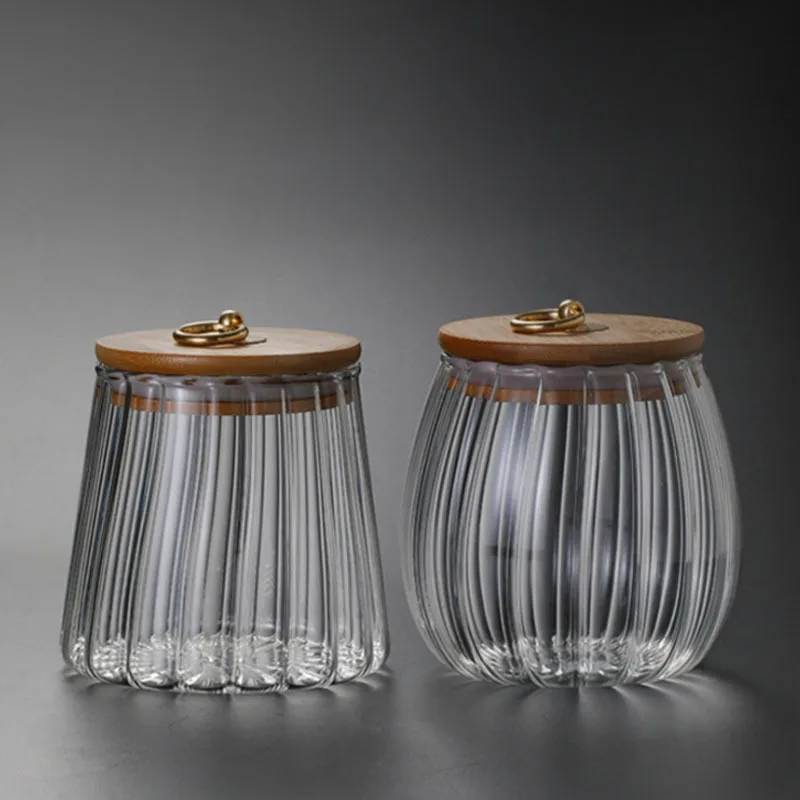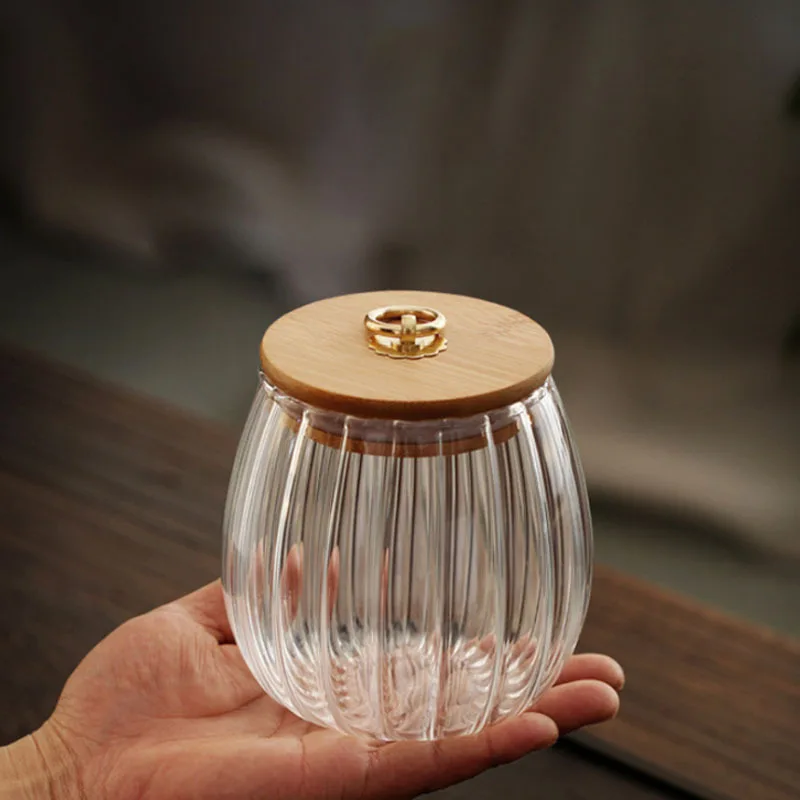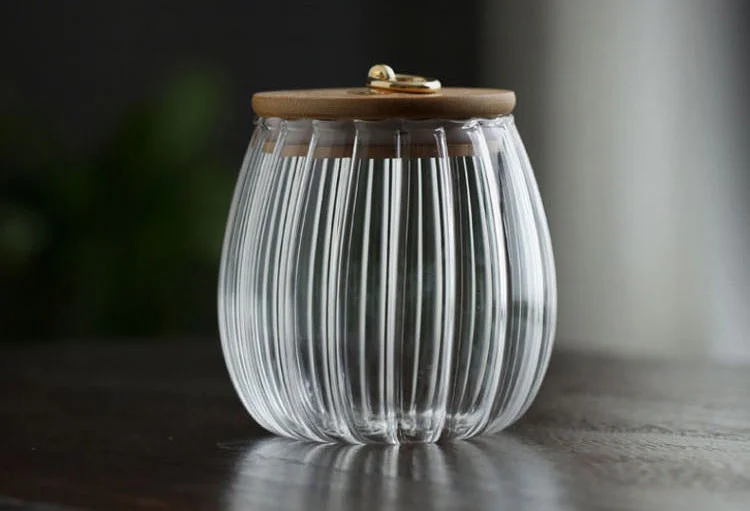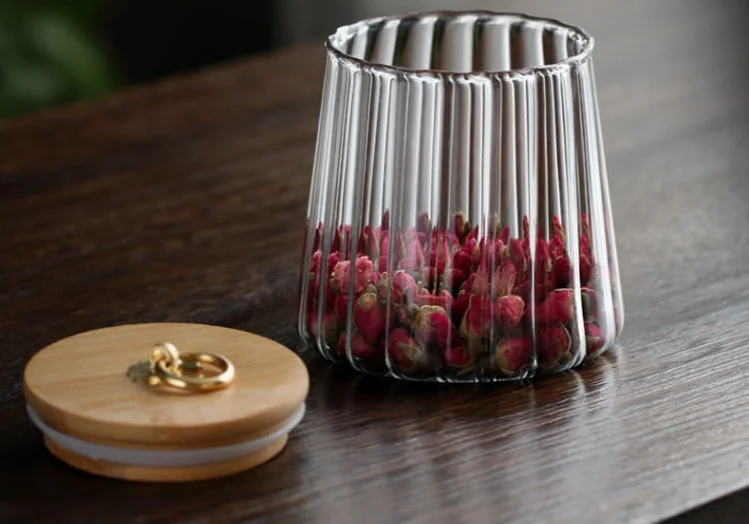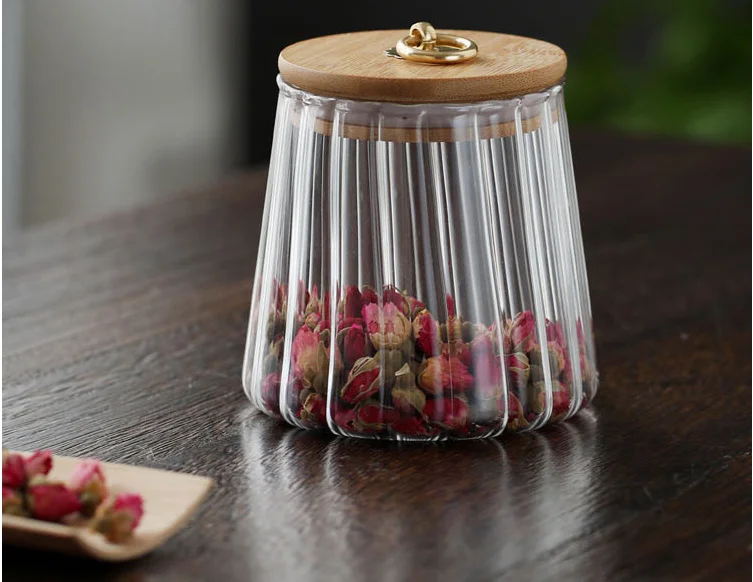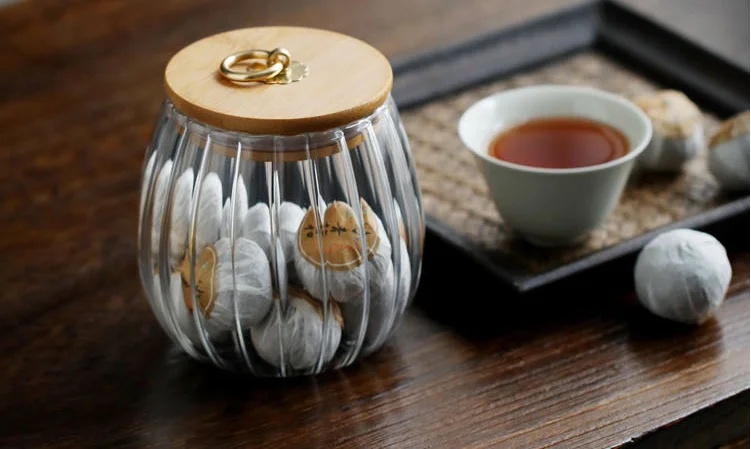Wooden & Bamboo Jars: Sustainable Packaging Solutions for 2025
As businesses increasingly prioritize sustainability, Wooden & Bamboo Jars have emerged as a top choice for eco-conscious packaging. These versatile containers combine natural aesthetics with functional durability, making them ideal for food, cosmetics, and home storage applications. This guide covers everything you need to know about sourcing and using these environmentally friendly jars.
How to Find Reliable Wooden & Bamboo Jars from China in 2025
China remains the global leader in wooden and bamboo jar manufacturing, offering competitive prices and diverse designs. When sourcing:
- Verify supplier certifications (FSC, ISO 9001)
- Request material origin documentation
- Check minimum order quantities (MOQs)
- Review production lead times
- Ask for product samples before bulk orders
Top platforms like Alibaba showcase hundreds of verified manufacturers. Look for suppliers with at least 3 years of experience and positive trade assurance ratings.
What Buyers Should Know Before Buying Wooden & Bamboo Jars from China
Key considerations include:
- Material thickness: 3-5mm walls provide optimal durability
- Finish options: Natural, stained, or painted surfaces
- Lid types: Screw-top, flip-top, or cork closures
- Customization: Many suppliers offer branding services
- Shipping costs: Lightweight bamboo often ships more economically
Types of Wooden & Bamboo Jars
Common varieties include:
By Material
- Solid bamboo jars
- Wood-bamboo composite jars
- Reclaimed wood jars
By Design
- Round traditional jars
- Square modern containers
- Hexagonal specialty jars
Functions and features of Wooden & Bamboo Jars
These containers offer unique advantages:
- Natural insulation: Maintains product temperature
- Moisture resistance: Bamboo's natural oils repel water
- UV protection: Blocks sunlight degradation
- Odor resistance: Won't absorb strong scents
Scenarios of Wooden & Bamboo Jars
Popular applications include:
- Food storage: Tea, coffee, spices (60% of usage)
- Cosmetics: Creams, balms, and scrubs
- Home decor: Decorative storage solutions
- Retail packaging: Premium product presentation
How to Choose Wooden & Bamboo Jars
Selection criteria:
- Match jar size to product volume
- Consider closure type for product protection
- Evaluate finish for brand alignment
- Check weight restrictions for shipping
- Verify food-grade status if applicable
Wooden & Bamboo Jars Q & A
Q: Are bamboo jars more eco-friendly than wood?
A: Bamboo grows faster (3-5 years vs 20+ for trees) making it generally more sustainable.
Q: Can these jars be used for liquid products?
A: Yes, when properly sealed with waterproof liners or coatings.
Q: How long do bamboo jars typically last?
A: With proper care, 3-5 years for daily use.
Q: Do these jars require special maintenance?
A: Occasional oiling preserves the material; avoid prolonged water exposure.
Q: Are custom sizes available?
A: Most Chinese suppliers offer custom dimensions with MOQs of 500-1,000 units.













